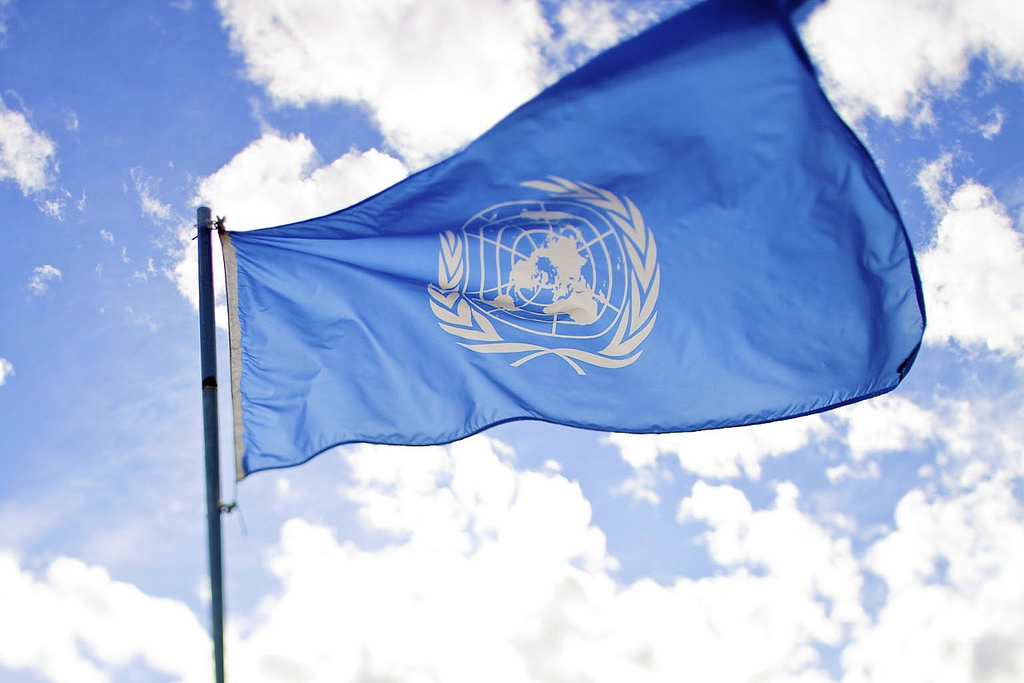This article has a set of discussion questions tailored for classroom use. Click here to download them. To see a full list of articles with discussion questions and other resources, visit our “Educational Resources” page.
The United States has stopped cooperating with United Nations human rights investigations in the US. There are at least 13 requests for inquiry that have gone unanswered since May 7, 2018, and the only UN investigators that have operated in the US in Trump’s administration were invited by the previous administration under President Obama.
Human rights are norms that apply to all members of the community and attempt to protect our basic human dignity from abuse in the political, legal, and social spheres. These rights include freedom of expression/religion, the right to a fair trial if charged with a crime, and the right to participate in political activity.
The UN investigators organized by President Obama were looking into extreme poverty in the US. Extreme poverty violates human rights because of the suffering experienced at the time, and the purported human right to autonomously guide one’s own life. When you live in extreme poverty, often this affects your health, which limits your options in life, and also the poverty creates a situation of need that shapes the choices you make. Because you will enter choice-making scenarios, such as where to live, what jobs to pursue and accept, what food to purchase, etc., from his position of need, these choices are not autonomous but coercive. Your continued survival and baseline well-being are the deciding factor; in a real way you are not free to choose your life’s direction.
The Trump administration has implemented a number of controversial policies that have received outrage by the national population, let alone the international community. The administration has reintroduced mandatory minimum sentencing (contra right to a fair trial), has moved to rescind DACA (contra right to education and right to arbitrary detention), selectively banned immigration from Muslim-majority nations (contra freedom of religion and non-discrimination), invited an anti-LGBT+ hate group to the UN commission on the Status of Women (contra non-discrimination, equal protection under the law, and undermining the rights of LGBT+ people and women), just to name a few.
The UN has reached out regarding incidents in the US under the Trump administration only to be met with silence: “Among the formal approaches that have failed to receive a response from the US over the past several months are queries about family separation of Central Americans at the US border with Mexico, death threats against a transgender activist in Seattle and allegations of anti-gay bias in the sentencing to death of a prisoner in South Dakota.” When events like the family separations at the southern border of the US occur at the administration’s injunction, there is no further authority to regulate the practices; they are legally permissible unless some court can declare them illegal in some way. The huge bureaucratic force of the executive branch was (and is) behind a system that separated families and housed many in cages, all performed according to policy.
A major role of the United Nations is to monitor and report on the condition of respect for human rights in countries around the world. This is a crucial function because there are multiple ways that the living conditions for people can violate their human rights, even in manners systematically supported or allowed by governing systems. The UN human rights investigators serve as an external check on the effects of the policies that sovereign nations can enact.
Countries sometimes enact policies that directly violate human rights, such as the border policies in the US recently, but systemic conditions in a country can also create or reinforce conditions that violate human rights, such as the poverty being investigated by the UN before the Trump administration ceased to cooperate. Both of these routes to human rights violations are concerning, of course, but what is perhaps most troubling is that direct rights violations are being blocked from UN and international scrutiny.
For the UN to be effective in holding sovereign nations accountable, nations need to cooperate and take its authority seriously. For the US to cease to interact and respect the UN’s human rights investigations is a blow to their international authority and may have long-term effects on the effectiveness of extra-national checks on the living conditions of citizens. One advantage of having a body like the UN perform such checks is that it reduces the pressure on individual nations to perform the checks or feel individual burden to perform humanitarian interventions. Cooperating with the UN thus has the benefit of highlighting and hopefully cooperating with international standards of human rights within one’s own country, and maintaining an international body that can serve as such a check on nations in the future as well.

